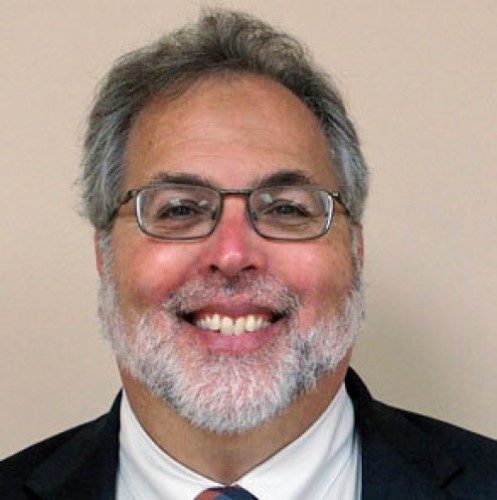What Do You Share About a Brewing Crisis?
September 01, 2017
Board-Savvy Superintendent
NOTHING CONCERNS school board members more than seeing a police cruiser with its lights flashing at one of your schools or hearing about police involvement at a campus. It usually means someone is hurt or in trouble — and your community will be looking to you and your board for answers.
Back in my board member days, a friend informed me that she was concerned about something she had overheard from two police officers involving the high school, a staff member and contraband drugs. “Something big” was coming!
This happened during a school vacation week so the superintendent was out West visiting family and the board chair was away with her family. There were no cell phones then to keep in touch.
A Personal Quest
I was afraid I was going to get a call from our newspaper reporter about this — and would have no idea what to tell him. So I investigated! I called anyone I knew who might know what was going on. I was persistent and tenacious. While I wasn’t getting much information, it was obvious something was brewing. That just made me dig deeper.
During my second day of detective work, I got a call from the police chief asking if I’d mind stopping in to talk to him. I did, and he brought me up to speed. There was an ongoing investigation at our high school involving drug sales, and, frankly, my blundering about town asking questions was potentially putting lives of students and officers at risk.
The chief told me that before the operation started he met with the board chair, vice chair and superintendent to brief them and request, for security reasons, they did not tell the rest of the board. Because the investigation involved a staff member, I also was interfering with the superintendent’s investigation. In my efforts to be a good board member, I was the exact opposite.
Avoiding Surprises
When it comes to police activities in your schools, how much information sharing is too much? When should board members be in the loop or kept in the dark?
How often do you struggle with how much to tell board members? On one hand, confidential information is at risk as more people know about it. Sometimes personnel or student-related issues must be kept from the board for good reasons. However, board members shouldn’t learn something major by reading it first in the newspaper. The chance that information (often wrong) also can pop up on social media exacerbates the situation.
There should be no surprises for your board. Finding the balance between not enough and too much information is a challenge. I would have been perfectly fine with “just so you know, there is something going on at the high school. We are aware of it and cooperating with police and will let you know if there is something you need to know. Due to the sensitive nature of this situation, we ask that you keep this confidential.” That would have been plenty for me.
Procedures for keeping board members (as well as parents and the general public) informed should be included in an overall communications strategy. This should include a chain of communication (generally working through the board chair), as well as guidance on what board members should know.
Communication Protocols
Establish a working group with board leadership, school leadership and police leadership (and perhaps representatives from municipal government). Consider protocols for determining what information to share and what conditions trigger that release. In the case of a serious issue, the working group may need to convene to determine what information should be made public and when the public should be informed.
This group also should review existing policies and, if necessary, establish new ones to make sure that details of a crisis are communicated clearly and quickly, when necessary.
Cooperation among police, municipal leaders and school leaders can ensure that when a sensitive issue arises, at least your board members will be confident things are in control, allowing them to reflect that confidence to the community.
NICHOLAS CARUSO is senior staff associate for field service and coordinator of technology with the Connecticut Association of Boards of Education in Wethersfield, Conn.Author
Advertisement
Advertisement
Advertisement
Advertisement




.png?sfvrsn=3d584f2d_3)